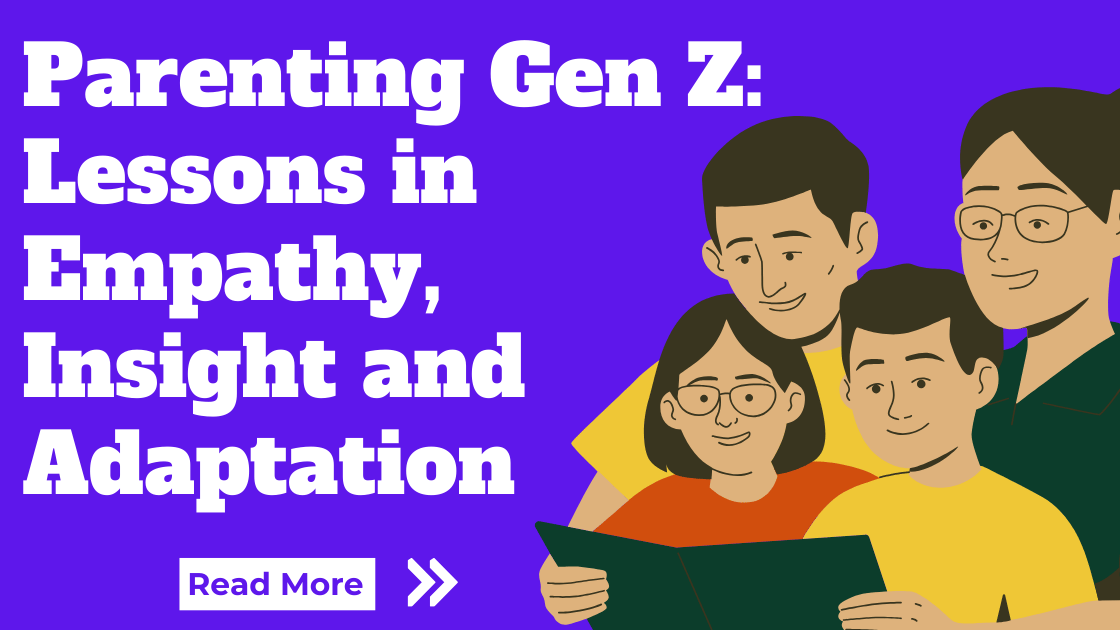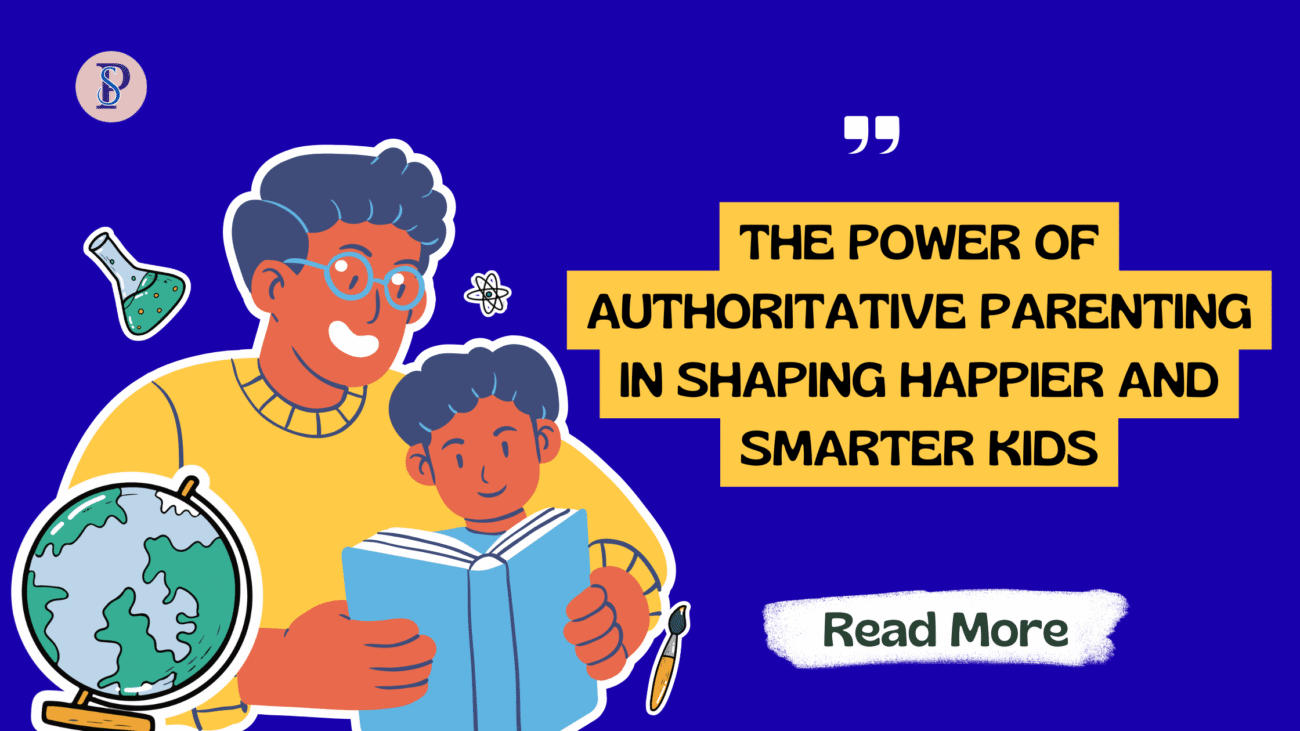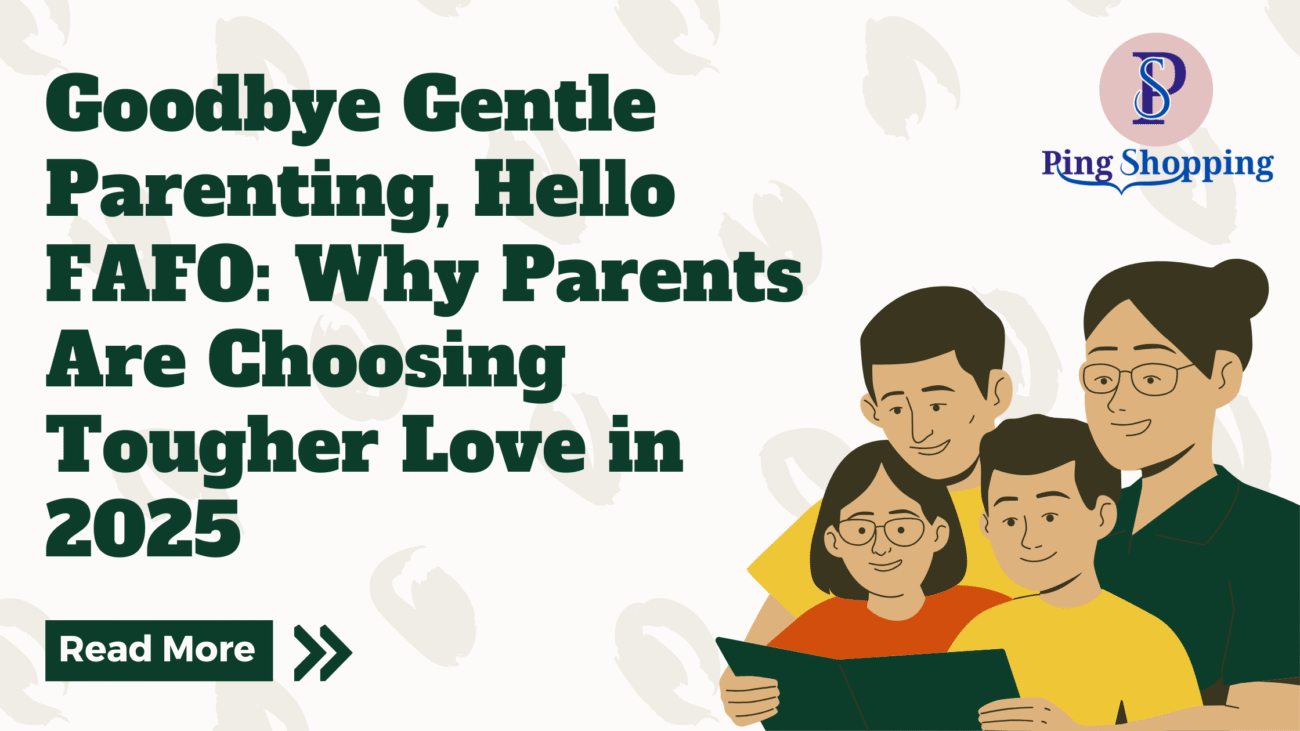Nowadays, Gen Z is always in the talk among millennials. These are digital natives that has a varied amount of information at their fingertips. Recently, there’s a mini-series named “Adolscene”, released on Netflix. It takes a deeper look into the brutal realities of contemporary adolescence and shows a different aspects of parenting.
The series covers digital communication to legal system pressure. It also highlights how children get trapped in emotional manipulation, misunderstandings, and technologies that are hard to comprehend. But above and beyond, the series captures more than all these. Let’s discuss how parenting in today’s world needs to evolve in light of the series.
Table of Contents
About the Series

The series revolves around the story of Jamie Miller, a 13-year-old high schooler. He was accused and arrested for murdering his fellow female schoolmate, Katie Leonard. The CCTV footage showed Jamie stabbing the young girl to death. As the investigation continued, it was found that both were in some form of relationship. The emojis used by Jamie represent online bullying. With this series, we want to throw light on the parents to be careful because they are not aware of every child’s activity. Putting more light on this topic, here are some lessons to consider.
Adopt Digital Literacy (Don’t Simply Monitor It)
Gen Z children are digital natives who spend a lot of time on social media. Many times, they are susceptible to curated posts, online bullying, and a lot more. It’s impossible to restrict them from using devices or social media, but you can encourage positive engagement by discussing online safety, critical thinking, and other relevant topics. It’s essential to maintain trust, empathy, and grit in the online space and promote healthy social media use.
Prioritize Open, Consent-Based Communication
Gen Z’s not good with vulnerable conversations. It’s hard for them to open up in front of their judgmental but kind-hearted parents. Indeed, 62% of young adults don’t share mental health issues with their parents because they’re afraid of being judged. The secret? You can talk to your children and try to make them feel comfortable first. Take permission to discuss sensitive topics and make sure to avoid judgments. Fostering a non-judgmental space to communicate will build genuine connection and understanding.
Blend Guidance with Autonomy
Gen Z crave independence; this is part of who they are. In such a scenario, your parenting approach must blend guidance with autonomy. You have to be supportive of the child’s autonomy while also providing direction when required. Picking up on this theme, Gen Z parents themselves tend toward authoritative, rather than authoritarian, styles: supportive, communicative, and trust-based—not penalty-based. They also integrate parenting styles—taking from gentle, conscious, and attachment-based approaches—to best fit each child individually.
Let Experience Teach (FAFO & Free-Range Principles)
Kids learn everything from real-world experiences. For instance, recently, the entry of the “FAFO” philosophy allowed children to experience natural consequences like running a mini-investment portfolio. This teaches them the value of responsibility and inculcates free-range parenting principles.
Build Emotional Intelligence & Resilience
Gen Z is always standing at the forefront of mental health emergencies. Parents can talk about buffer anxiety and burnout by allowing emotional regulation, mindfulness, and real-world skills. Small steps like teaching children to cook or promoting physical activity can build confidence, self-sufficiency, and mental resilience.If your child is going through an emotional storm, proactive conversation and mindfulness exercises will aid in supporting your child.
Mix Tech with Real-World Connection
Use technology to blend with the real-world connection. Gen Z parents are adept at embracing technology, such as using study apps, intelligent monitors, and neighborhood networks. It’s highly crucial to promote offline bonding and activities that engage them in group activities together, like volunteering, art hobbies, and even unplugged time spent together.
Model Consistency: Actions Speak Louder Than Words
Gen Z can see through hypocrisy. They believe more in the “walk the talk” approach. With them, you have to maintain empathy, create digital responsibility, and regulate emotions in your own behaviour. What resonates more is the examples set by yourself..
Cultivate Community, Sustainability & Inclusivity
Gen Z appreciates eco-awareness, equality, and diversity a lot. For the parents, respecting these values in their household decisions, behaviours, and social positions will aid in many ways. In fact, Gen Z families choose to adopt sustainable goods, gender-neutral norms, and parenting in community.
Conclusion
Parenting Gen Z kids needs some extra effort. If you can make your children feel comfortable with emotions and show some empathy without judging for anything, he or she will share everything with you. Try to implement the above things for building stronger bonds.





